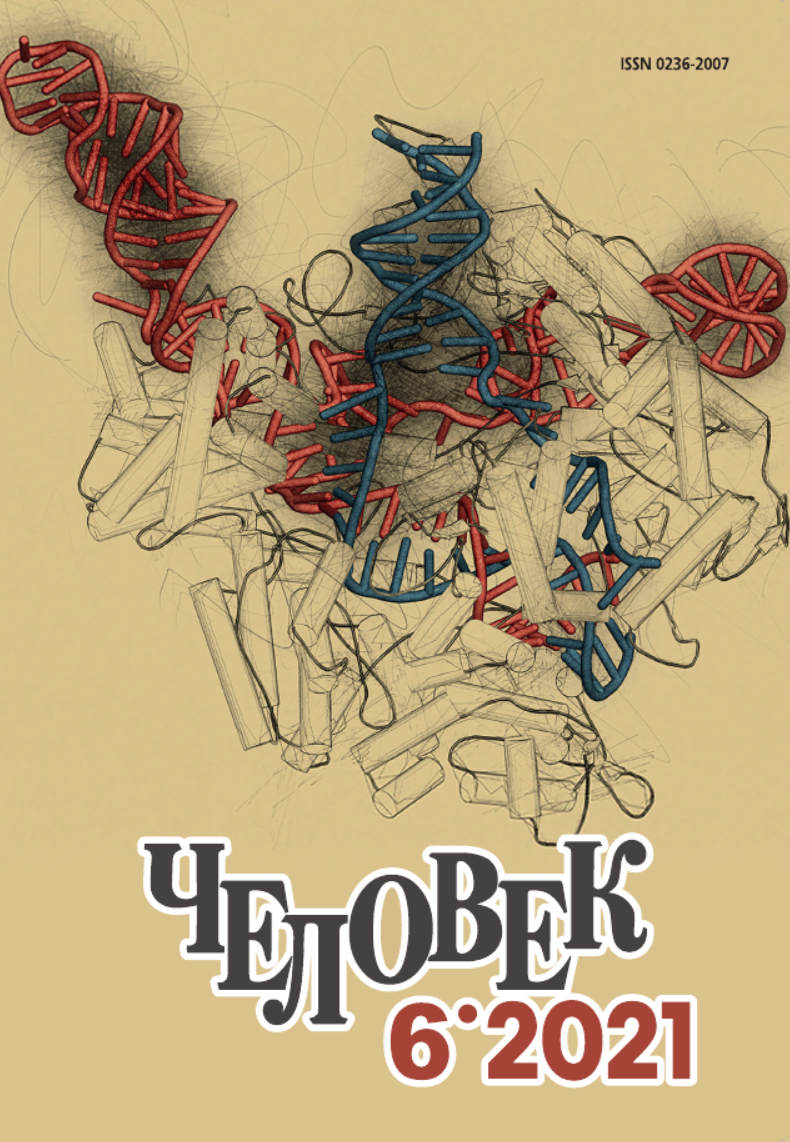Biocultural Theory and the Problem of Human Editing
Keywords:
transhumanism, human improvement, biocultural theory, risks, bioidentityAbstract
The transition from an irregular understanding of nature as a given to the regulatory concepts of human development is one of the central philosophical and socio-humanitarian issues in the development of not only biotechnologies, but also society as a whole. In the theory of philosophy of biomedicine, the discussion is structured as the positioning of various problematic approaches, modeled using the principles of bioethics and philosophical ethics, taking into account the actual experience of the application and social perception of biomedical technologies. The status of problematic approaches is determined not only by philosophical ethics, but also by the willingness of society to accept something new as its own future. At the same time, accepting the future is impossible without rooting the future in the past - the beliefs and expectations that legitimize the future. The correlation of such concepts as the authentic autonomy of J. Habermas and the expansion of utilitarianism into the problems of editing the human genome, the conflict associated with challenges requiring collective moral action, and the rigidity of traditional moral mechanisms lead to the search for such a sociobiological language that would be formed from competitively coexisting old, traditional, and new, bioengineering, concepts of human development. The idea of biocultural theory as a form of connection between culture and biological foundation is associated with the work of A. Buchanan and R. Powell, who propose a systemic definition of biocultural theory as a mutual biological and cultural transformation of a person. Biocultural theory is aimed at shaping such a philosophical horizon, where the body, not only carnal, such as organs, but also personal - the awareness of its own bioidentity, becomes open and understandable due to the expansion of the connection between biology and culture, but at the same time acquires problems that becomes the subject of philosophy and ethics, since now a person, comprehended as a body, receives a variability that is no longer associated exclusively with culture. The goal of the article is to show that editing a person is not so much a traditionally understood risk as a transformation of the understanding of the cultural and biological conditions for the formation of his bioidentity.






